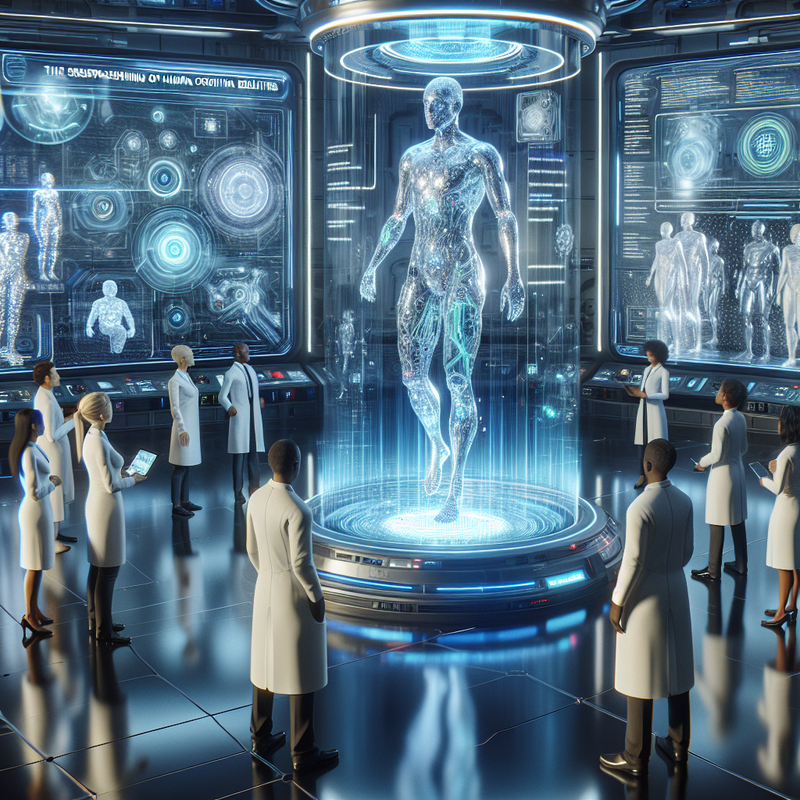In recent investigations, scholars at the Massachusetts Institute of Technology have shed light on cutting-edge techniques intended to pave the way for Artificial General Intelligence (AGI)
Their work, centered around the innovative Abstraction and Reasoning Corpus (ARC) benchmark, signifies a momentous stride forward in granting machines cognitive capacities akin to those of humans.
The ARC benchmark represents a departure from typical datasets in that it requires AI to exhibit authentic comprehension skills rather than rote learning.
It challenges AI systems to harness abstract thought processes to navigate completely novel scenarios. The team at MIT implemented state-of-the-art test-time training tactics, enabling AI to adjust and pick up new information in real-time, a crucial development in the journey to AGI.
The incorporation of search algorithms with on-the-spot learning upgrades has empowered AI to outdo the cognitive prowess of humans within the ARC benchmark trials.
These accomplishments hint at an era where AI may tackle tasks historically believed to necessitate the distinct thought processes innate to humans.
The MIT researchers assert, “Our success in the ARC benchmark is a testament to the evolved reasoning capacities of AI models, edging us nearer to the actualization of AGI.”
Such nimble, in-the-moment adaptation of AI systems, as evidenced by test-time training practices, underlines significant progress toward a type of flexibility that defines general intelligence.
The trajectory of this research points to a promising horizon in AI evolution.
Armed with sophisticated reasoning and problem resolution aptitudes, AI is poised to make inroads into sectors such as scientific discovery, various fields of engineering, the corporate world, and educational endeavors. The ongoing refinement of search methodologies and instructional strategies is fuelling AI’s advancement towards AGI—a development with the potential to revolutionize how machines contend with the intricate demands of real-world predicaments.
As we contemplate a future with AI mirroring and even excelling beyond human intellectual tasks, the implications are far-reaching.
MIT’s work offers a tantalizing preview of a future where machine intelligence could not only emulate but excel over our cognitive functions in specified areas. This advancement portends a shift in numerous industries as AI grows increasingly proficient and self-reliant.

